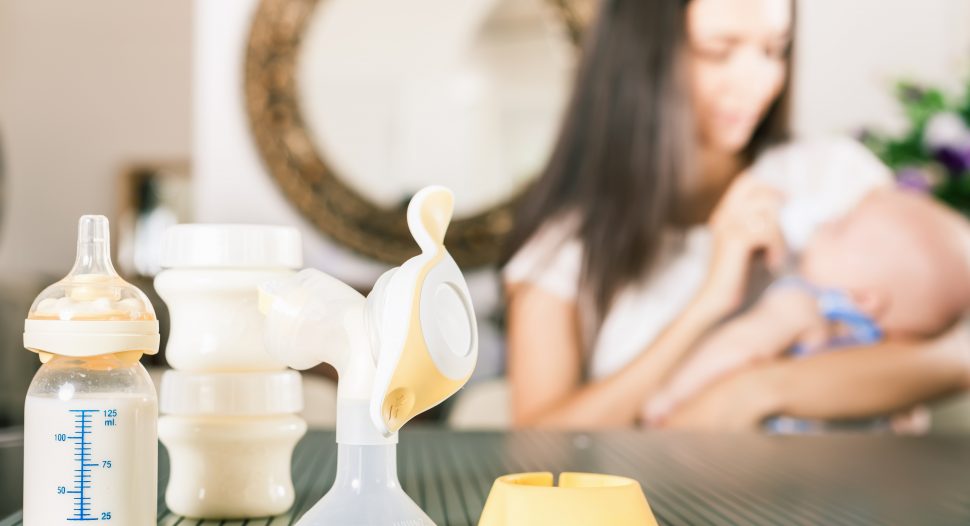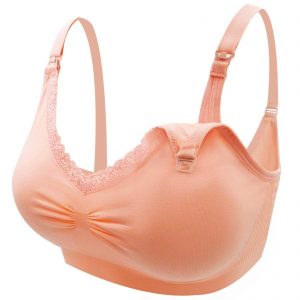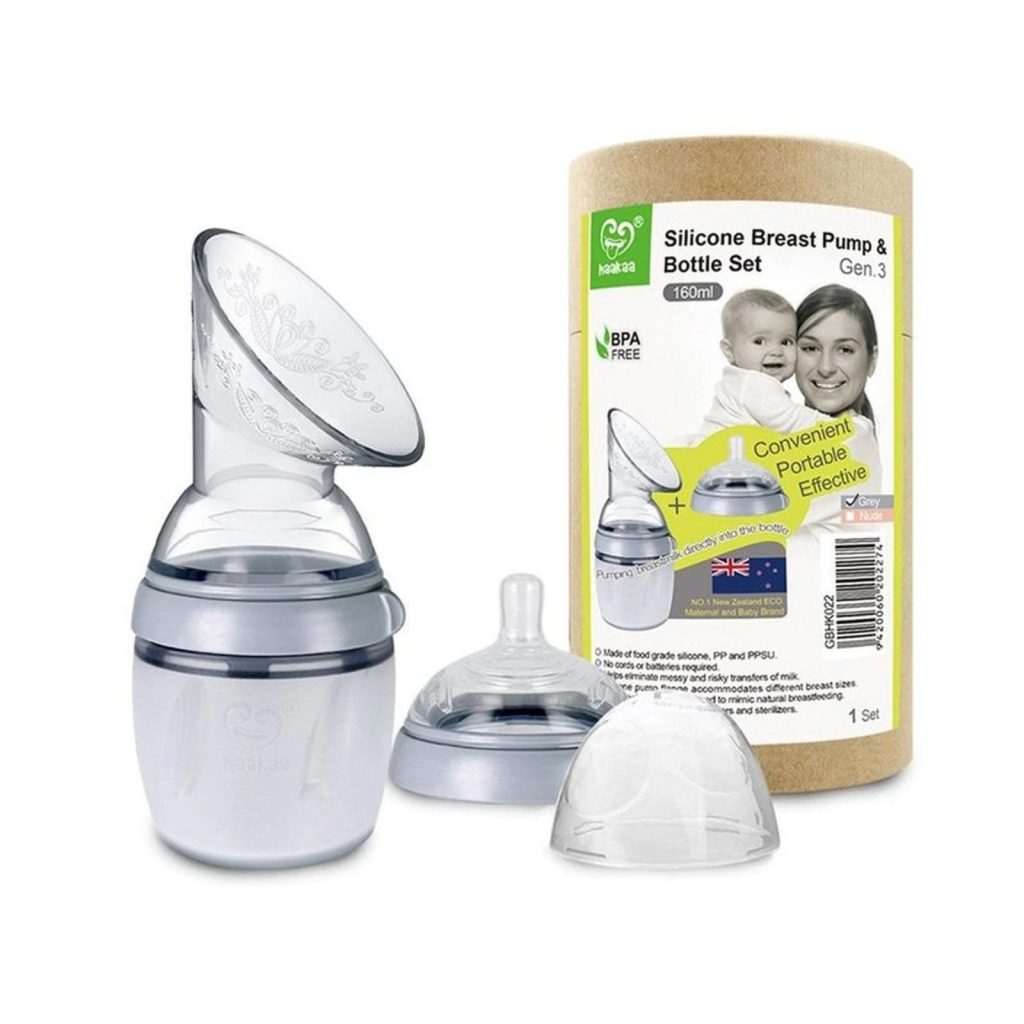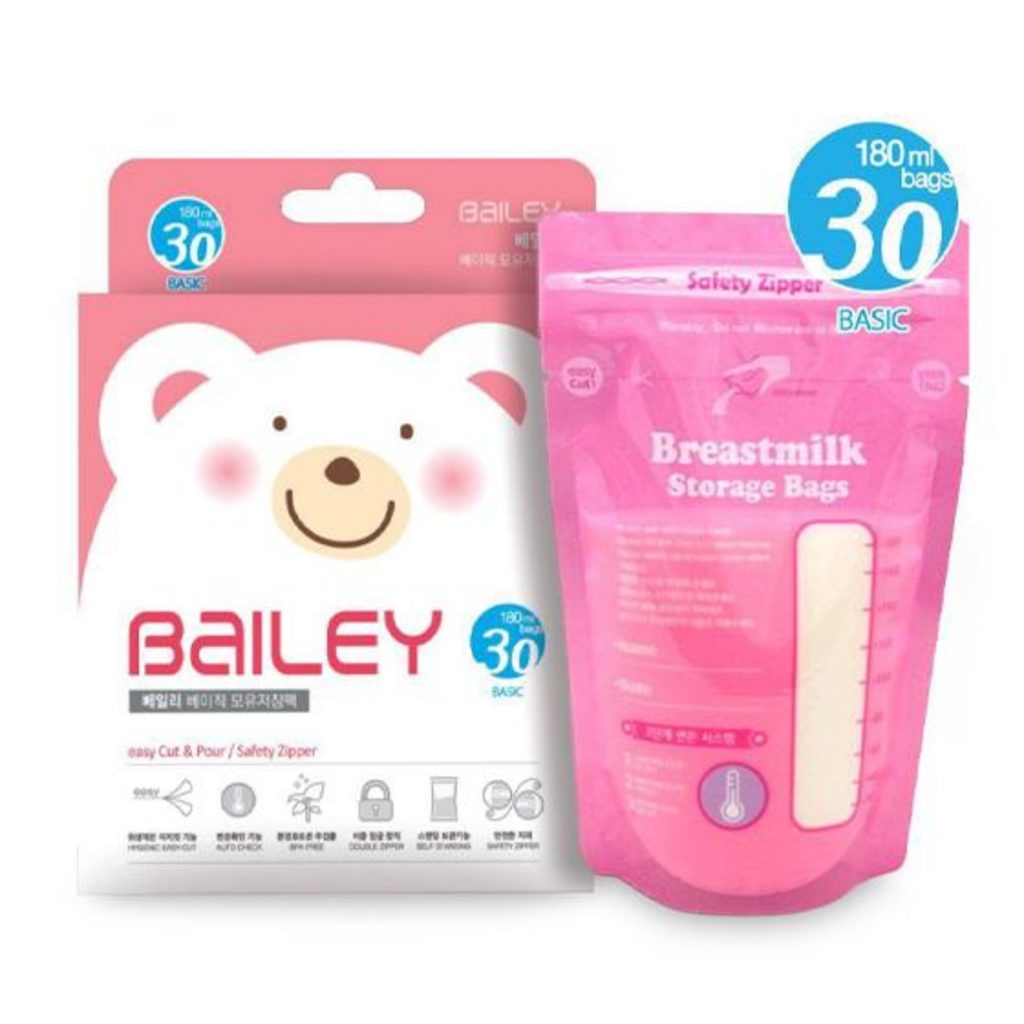August is National Breastfeeding Month! From first-time to experienced mothers, breastfeeding* is undoubtedly beneficial to nourish their developing child and create a unique emotional experience.
While the benefits of breast milk for growing children, particularly in their first 6 months of life¹ are indisputable, breastfeeding can also protect the mother. Get the lowdown on the benefits of breastfeeding and how it can offer protection for every mother’s health — physically and mentally!
*The World Health Organization and UNICEF recommend that children are breastfed on demand. From the age of six months, they should begin eating safe and adequate complementary foods while continuing to breastfeed for up to two years and beyond (depending on the mother and child’s preference)².
1. Prevents postpartum depression
Breastfeeding encourages mothers to have skin-to-skin contact, a process that can help mothers to form a deeper bond with their child. Increased skin-to-skin contact will help mothers to be adept at reading their child’s cues — and make them less likely to experience postpartum depression³. This is due to the stimulation and release of the love hormone, oxytocin⁴. Oxytocin reduces negative feelings and can help mothers feel a deeper connection with their child and prevent postpartum depression in the long run!
Fun fact: Skin-to-skin is also known as kangaroo care⁵! This is because the child is usually placed naked against the mother or father’s skin just like a baby joey.
The fuss-free clasps of this nursing bra will allow you to quickly get to skin-to-skin time both at home and on-the-go comfortably without having to completely remove it:
2. Triggers the uterus to shrink back to its pre-pregnancy size
Oxytocin will help to trigger your uterus to return to its pre-pregnancy size at about six weeks postpartum, compared to 10 weeks if you don’t breastfeed. The contractions are also effective at minimising post-delivery blood loss⁶. They feel similar to menstrual cramps and are referred to as after pains⁷, coming in mild waves during the first few weeks of nursing only.
3. Helps to shed the pregnancy weight
Research shows that nursing mothers tend to have an easier time losing weight in a healthy way sans the dieting⁸. This is because milk production burns up to an additional 500 calories daily. 500 calories is equivalent to a small meal, large snack, or performing 45–60 minutes of medium-intensity physical exercise⁹!
Having trouble with milk production? A lactation massager can help to improve flow and relieve pain caused by engorgement. This waterproof and rechargeable option is incredibly portable!

Lavie
Lactation Massager – Rose
Tip: Sore nipples are common when your baby has difficulty latching on to your breast. Packed with 100% medical-grade lanolin, this nipple cream can help to soothe the pain as much as possible.
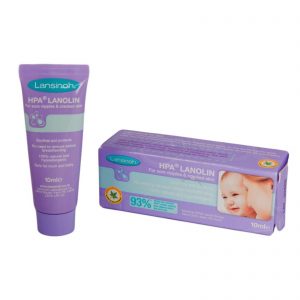
Lansinoh
HPA Lanolin Nipple Cream
4. Increases bone density
A nursing mother’s bone density does go down, but does rise back up when she’s done¹⁰. The initial loss is because during lactation, lowered estrogen levels affect calcium absorption. Increased bone growth was reported in women who nursed between 10 and 24 months¹¹. While this may be at a slower rate, slow and steady wins the race!
Looking to express and store milk on the go? Help your child to build strong bones as well wherever, whenever! Use it anywhere you want to express discreetly and quickly. You can store any excess easily in these basic, yet adorable breast milk bags.
In fact, fathers can also provide support before, after and during a feeding! The simple act of ensuring that the breast pump is thoroughly cleaned and food or water is by their wife’s bedside can mean a lot. Bottle feeding every once in a while will help as well! No matter how small, every act counts.
5. Lowers risk of certain types of diseases
We’ve left what may be the most controversial for last. While the protective effects of breastfeeding are still widely discussed in literature, it may still protect against the development of chronic non-communicable diseases (NCDs) such as Type 2 diabetes, cardiovascular disease, breast and ovarian cancer¹²!
We hope that this article has proven the benefits of breastfeeding for the child, as well as the mother’s own physical and mental health. However, it also has its fair share of challenges — but you’re doing a good job as long as your child is well-fed with what you believe is best for them.
Remember to never stress yourself out and speak up whenever you need assistance from your pediatrician, family or friends. You can also shop for everything your family loves and needs here any day, any time!
***
References:
¹ Bjarnadottir, A 2020, 11 benefits of breastfeeding for both mom and baby, Healthline, viewed 22 July 2021
² World Health Organization 2021, Breastfeeding, viewed 23 July 2021
³ Hamdan A, Tamim, H The relationship between postpartum depression and breastfeeding, Int J Psychiatry Med. 2012;43(3):243-59. doi: 10.2190/PM.43.3.d. PMID: 22978082, viewed 23 July 2021
⁴ Lindberg, S 2017, Does breastfeeding prevent postnatal depression?, Patient, Egton Medical Information Systems Limited, viewed 24 July 2021 [Medically reviewed by Dr Sarah Jarvis MBE]
⁵ Peter-Berntzen, J 2021, Kangaroo care: why skin-to-skin contact with baby is vital, Smart parents, viewed 23 July 2021, viewed 24 July 2021
⁶ Anderson Lucia, C, Harshorn, J & Anderson Lucia, C 2021, The benefits of breastfeeding for mom and baby, viewed 23 July 2021
⁷ Murray, D 2021, Oxytocin and breastfeeding, Verywell Family, viewed 24 July 2021
⁸ Lim, M & Tan, C 2016, Breastfeeding advice from experts, HealthHub.sg, Health Promotion Board Singapore, viewed 24 July 2021
⁹ Crollman, A 2019, Does breastfeeding help you lose weight?, Healthline, viewed 24 July 2021
¹⁰ Henry Ford Health System 2021, How breastfeeding also benefits mothers, viewed 24 July 2021
¹¹ Snyder-Drummond, R, Bone density and breastfeeding, BirthReady, viewed 24 July 2021
¹² Jasni, F 2021, Breastfeeding: health benefits for the mother, HealthXchange, SingHealth, viewed 28 July 2021
